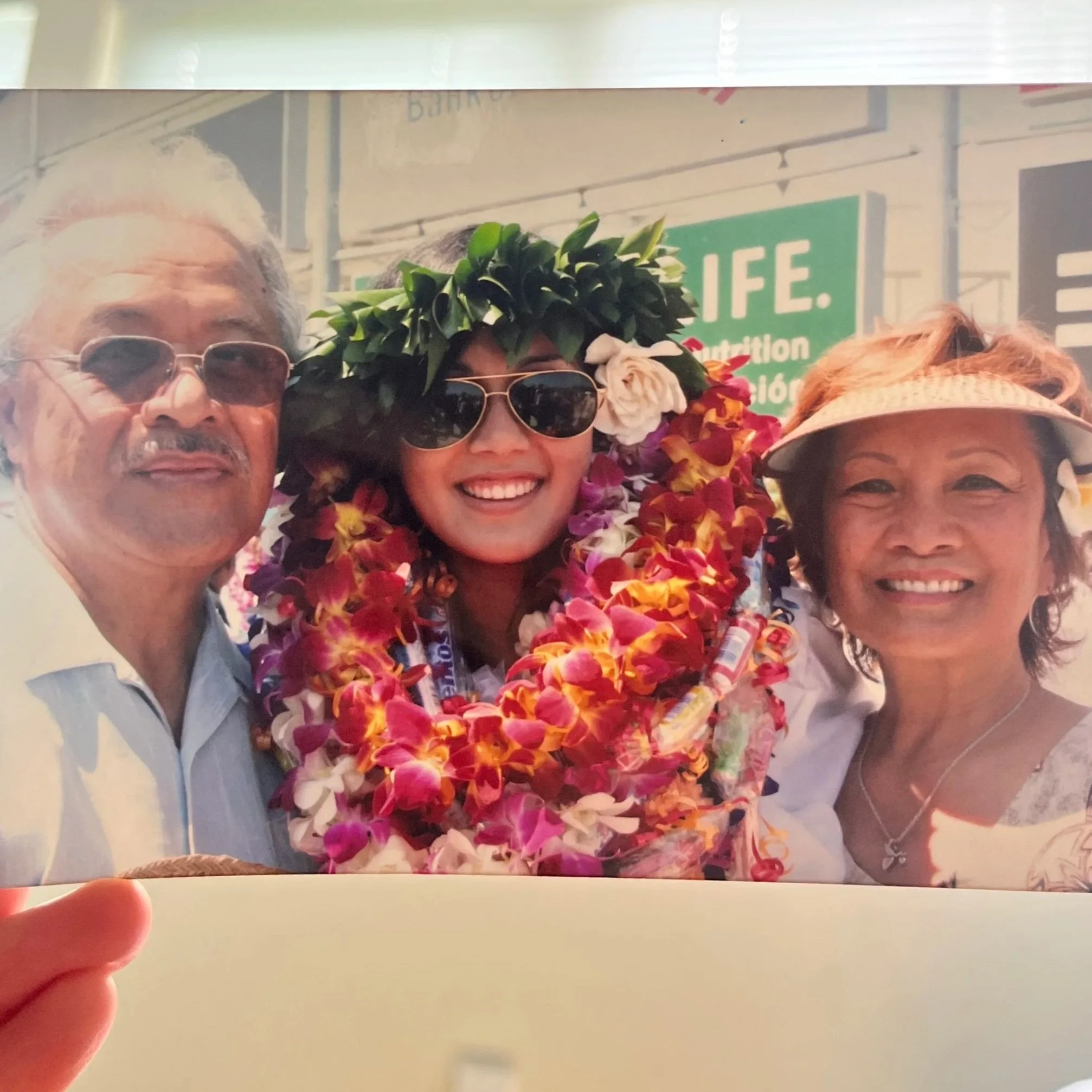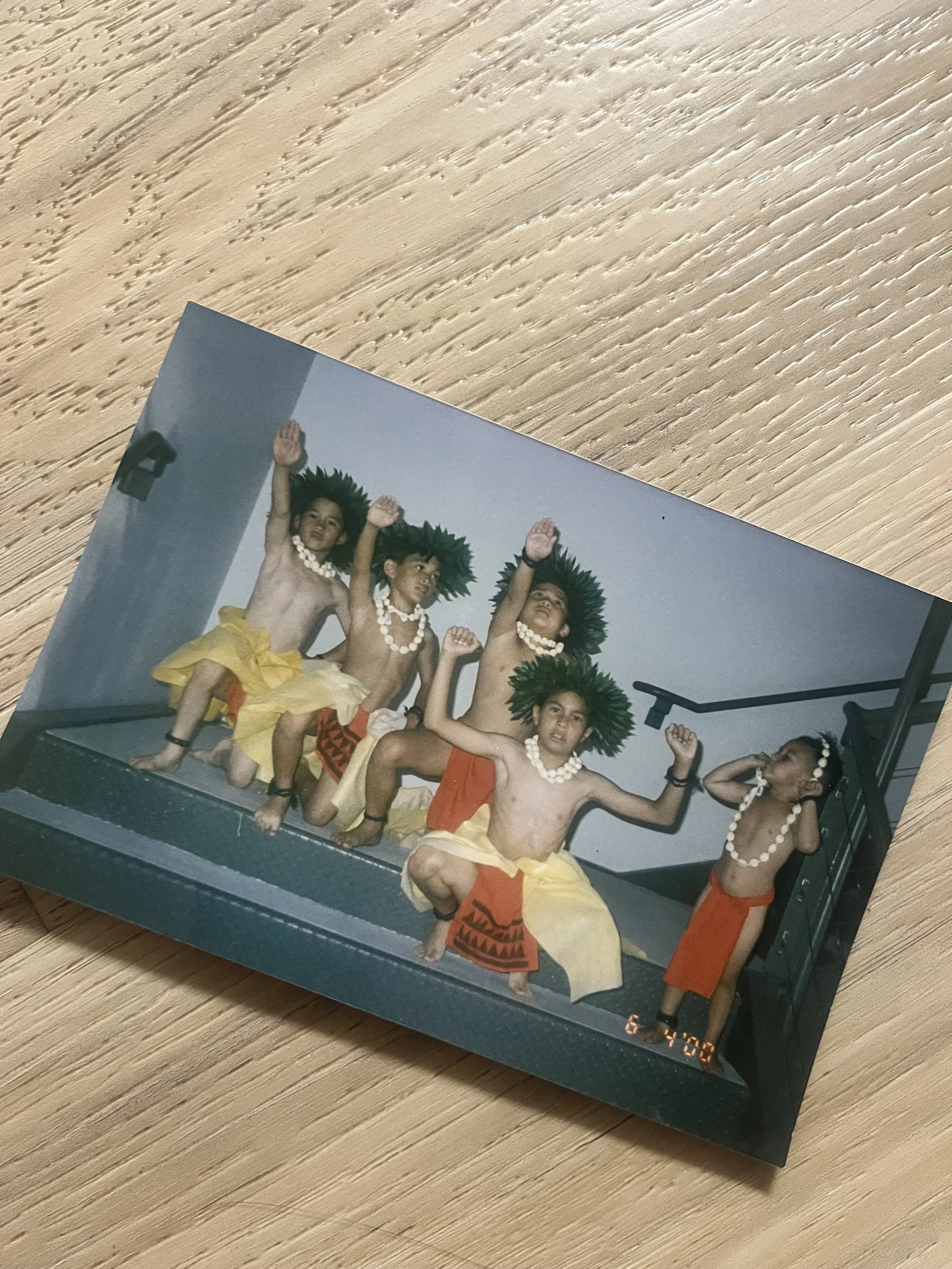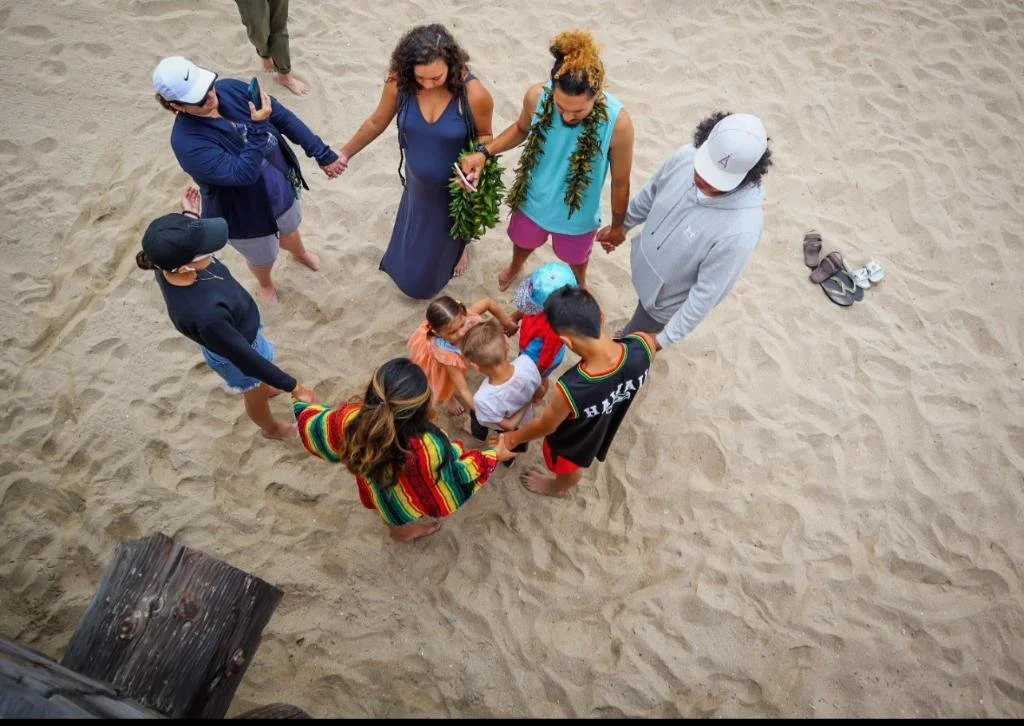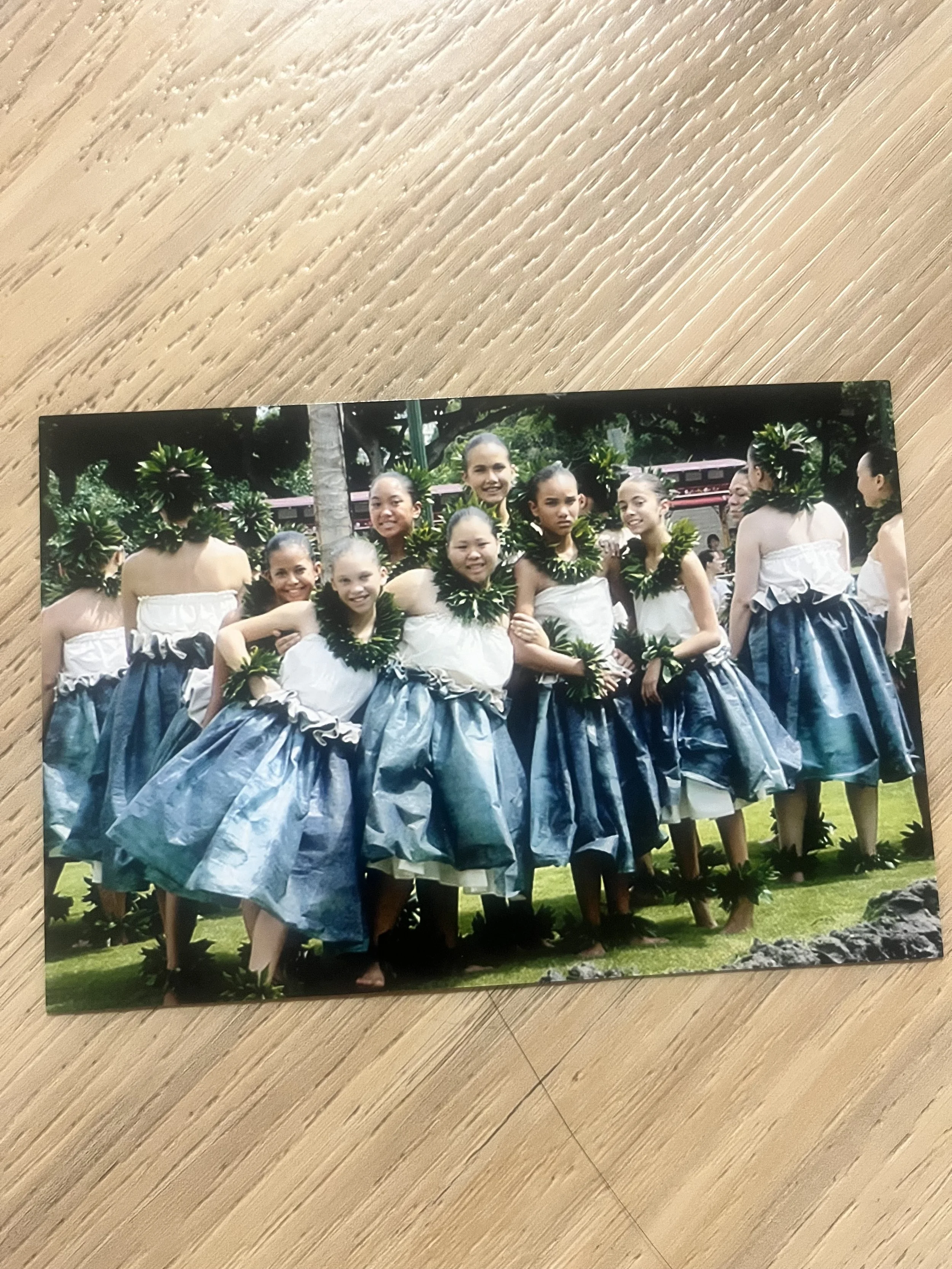Hui
to form a society or organization
-
Founder & CEO
For those of you who know me, I have lots of names (Koana, Koko, Aunty Favorite, Kamaile, Ko…) but Mom is probably the name I am called the most. My North Star has always been centered in my heart to help others. I have worked in nonprofits since college helping provide resources to youth in need, transitional support for women and children in crisis… to name a few… and can’t imagine utilizing my passions to serve others in any other way.
What do you do at Wiliwili?
Official title is Founder and CEO, but I like to think of myself as a connector. My vision is to provide support and resources for local non-profits who are doing great work in the islands of Hawaiʻi. A lot of people visit the islands and arenʻt even aware of the needs of our people. My focus is to be a vessel for the community and sustaining efforts of organizations throughout all the islands.
What is your favorite saying?
Malama Pono
What is your favorite song?
Redemption Song - Robert Nesta Marley
What is a fun fact about you?
I am one of the first of my family to permanently move back to Hawaiʻi since my grandparents moved to CA over 60 years ago. My kids and I feel the weight of this kuleana in fulfilling my Tūtū Kāneʻs dream and to make a difference for our people and the islands of Hawaiʻi.
-
Chief Impact Officer
bio coming soon…
-
Board Member & Advisor
Aloha mai kākou! I am a proud Kanaka ʻŌiwi, deeply rooted in the wisdom of my kūpuna and the enduring strength of my ʻohana. My life’s work is guided by kuleana—the sacred responsibility to honor my ancestors, protect our moʻomeheu Hawaiʻi, and uplift the voices of my lāhui.
For me, ʻohana is everything. They are my foundation, my inspiration, and the reason I strive to build a future where our stories, traditions, and ʻike (knowledge) thrive. But our connections stretch far beyond our shores. As children of Moananuiākea, we are woven together by the same ocean, the same struggles, and the same dreams. This is why I am committed to elevating the Pasifika community—because when one of us rises, we all rise.
Whether through cultural preservation, community advocacy, or fostering unity across our Pacific nations, I believe in the power of aloha ʻāina, pilina (connection), and collective healing. Together, we can honor our past, transform our present, and navigate a path of abundance for generations to come.
What do you do at Wiliwili?
Board Advisor dedicated to preserving and advancing Kanaka Maoli (Native Hawaiian) culture, identifying opportunities for growth, and driving meaningful change in our lāhui (community/nation)."
What is your favorite saying?
The good times of today are the sad thoughts of tomorrow. - Robert Nesta Marley,
Do or do not, there is no try - Yoda
He Hawaii au mau au mau
What is your favorite song?
Katchafire - Love Letter
Our Roots
Wiliwili *meaning to twist and twist revealing a seed
The namesake of this organization is the heartbeat of our mission, to twist together resources to Hawaiʻi non-profits who are continuing the reestablishment of the culture, who support various education programs, who focus on conserving the land (ʻāina), and providing access to the arts.
This adventure has been a calling of mine for some time. As Kānaka (native Hawaiian) who grew up away from the ʻāina, my Kūpuna Kāne (grandfather) taught me my Kuleana (responsibility) to the culture and my Kūpuna (ancestors).
With that maopopo (understanding) and kōkua (support) of my Kūpuna Kāne and Kūpuna Wahine (grandparents), I started in a hula hālau (dance school) at age 9 in Carson, CA. Thanks to Aunty Sissy Kaio I gained access to my culture through Hula Hālau ʻO Lilinoe. Aunty Sissy would bring other Kumu from Hawaiʻi who would come teach workshops about lua, unukupukupu, ʻoli, hula… Throughout my time with Hālau ʻO Lilinoe I was privileged to experience to my heritage in a tangible way. It helped me expand my mana (knowledge/ wisdom) in a deep way and helped me feel connected to the ʻāina even though I was miles and miles away.
My Papa always was so proud of my involvement and commitment to hālau and hula. Things he did not have full access to growing up in Hawaiʻi. He would gather my cousins and I around his table and talk story about growing up in Kaʻū. Something that always stuck with me in his stories was his inability to learn our culture. ʻOlelo, Hula and many of the traditional teachings I was privileged to learn werenʻt available to him, and or were frowned upon for him and others to participate in.
In the late 1800ʻs ʻolelo was banned from schools and English was enforced to the point of punishment for altering to ʻolelo. Efforts for revitalization began in the 1970ʻs; only 55 years ago while my Tūtū was well into his 30ʻs.
Almost half of his life, he was told to be something else, and to shut off from learning about what makes him, him… Kānaka.
What my Papa taught me was his understanding of the Hawaiʻi that was continually passed down through generations. This “Hawaiian” or Hawaiʻi couldnʻt be banned. People commonly refer to this feeling as “Aloha Spirit”. When my Papa left us he buried my feet in my Kuleana to take care of one another, as he took care of everyone who had the pleasure of knowing him.
I have since lived everyday with the purpose of helping others. I got my B.A. in psychology thinking it was going to be the way I healed the world, which lead me into non-profit work. From operations all the way to fundraising I used whatever talents the creator blessed me with to help marginalized communities and peoples. I now am able to live my purpose and use my talents in a deeper way through the Wiliwili Foundation, where I can take my heartbeat to create real change, and my Kuleana as Kānaka, to provide funding and other resources to non profits throughout the islands and continue in protecting our culture, land and our history.
Malama Pono,
Koana (Founder)







